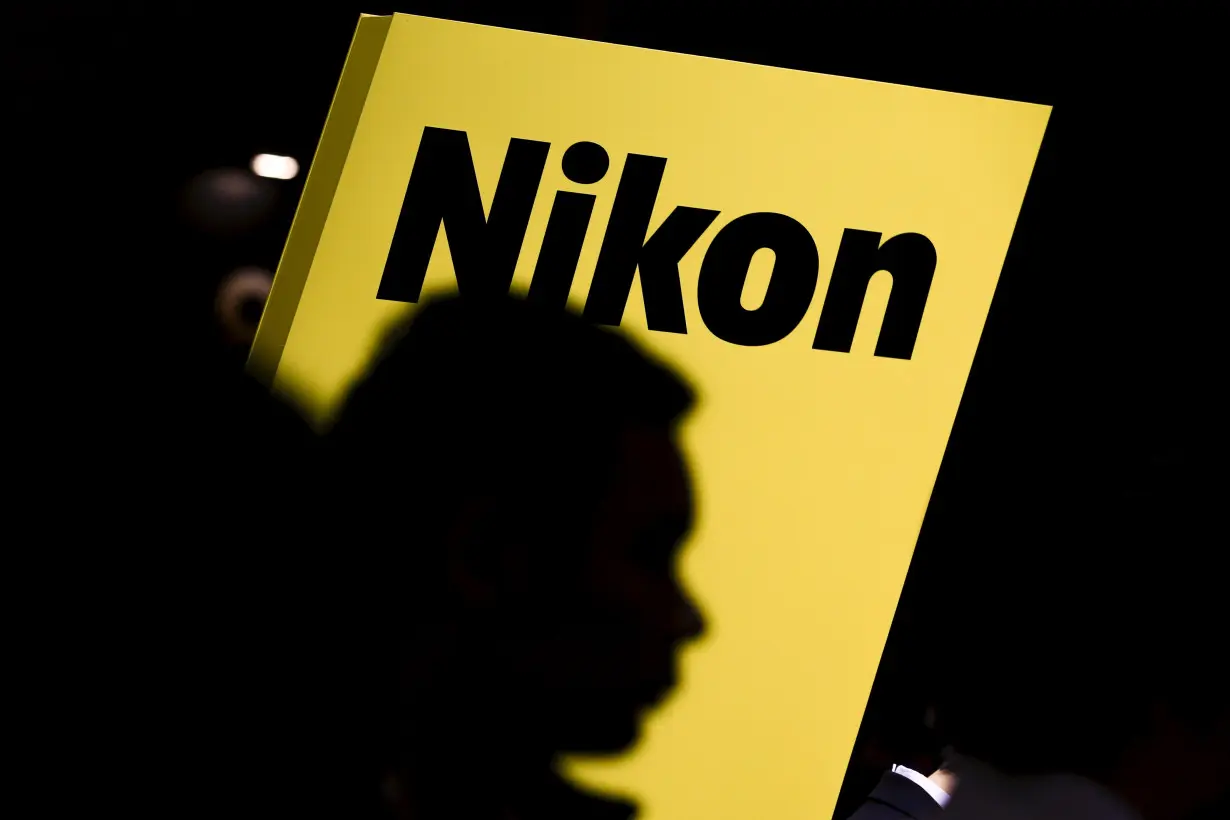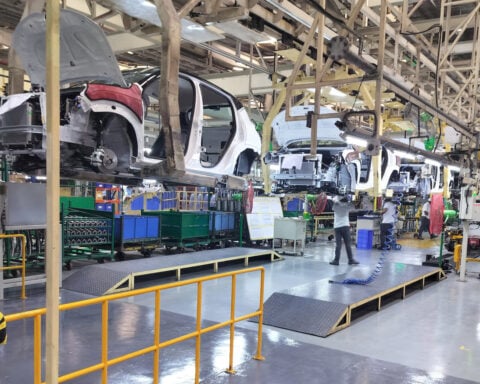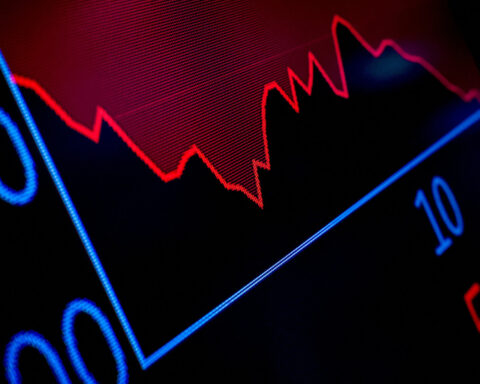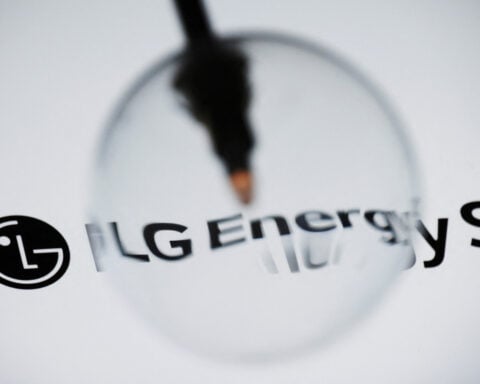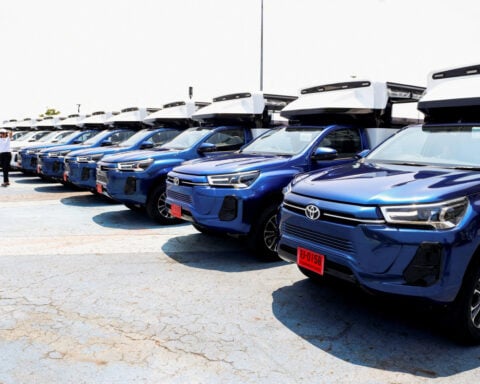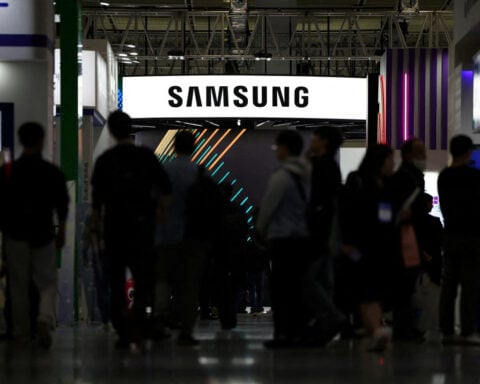By Stephen Nellis
(Reuters) - Aeva Technologies on Monday said that it has signed a deal to produce sensors for Nikon industrial machines that can scan objects like cars coming off an assembly line for microscopic defects.
Mountain View, California-based Aeva develops what are called lidar sensors, which are often found on cars with driver-assistance features to help the vehicle get a three-dimensional view of the road.
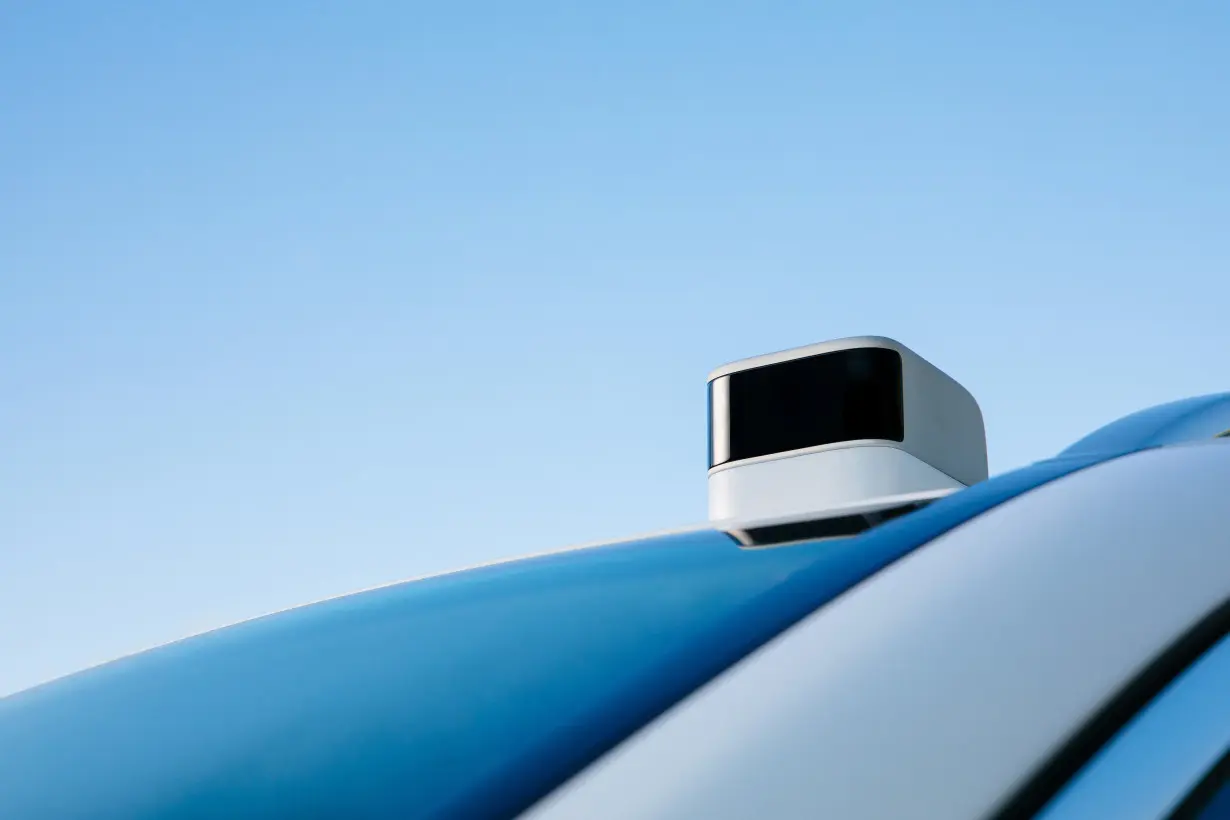
While Aeva is targeting the automotive market, its sensor can also be used in other applications that require three-dimensional scanning, and in 2021 the company said it was working with Nikon to improve the Japanese firm's industrial equipment.
Nikon makes scanning machines that can examine cars and other objects for tiny defects to help improve manufacturing quality, but the machines are too large, slow and expensive to use on every vehicle on a manufacturing line. The Aeva sensor aims to make the machines smaller and cheaper so that more vehicles can be inspected.
For the most stringent automakers, "the ultimate goal is 100%," Soroush Salehian, chief executive of Aeva, told Reuters in an interview, noting that current percentages of scanned vehicles vary with the automaker's quality demands. "What we believe we can do over time is to further increase the percentage" of production that scanners can handle.
Aeva said it expects to start supplying sensors to Nikon next year, with Nikon products with Aeva sensors hitting the market in 2025.
Salehian declined to say how many sensors Aeva will ship or how much revenue the company expects from the Nikon deal. He said that shipment volumes will be smaller than for the automotive market but that each sensor cost about 10 times more than an automotive sensor because of its higher precision.
(Reporting by Stephen Nellis in San Francisco; Editing by Kirsten Donovan)

 Trump has begun another trade war. Here's a timeline of how we got here
Trump has begun another trade war. Here's a timeline of how we got here
 Canada's leader laments lost friendship with US in town that sheltered stranded Americans after 9/11
Canada's leader laments lost friendship with US in town that sheltered stranded Americans after 9/11
 Chinese EV giant BYD's fourth-quarter profit leaps 73%
Chinese EV giant BYD's fourth-quarter profit leaps 73%
 You're an American in another land? Prepare to talk about the why and how of Trump 2.0
You're an American in another land? Prepare to talk about the why and how of Trump 2.0
 Chalk talk: Star power, top teams and No. 5 seeds headline the women's March Madness Sweet 16
Chalk talk: Star power, top teams and No. 5 seeds headline the women's March Madness Sweet 16
 Purdue returns to Sweet 16 with 76-62 win over McNeese in March Madness
Purdue returns to Sweet 16 with 76-62 win over McNeese in March Madness
